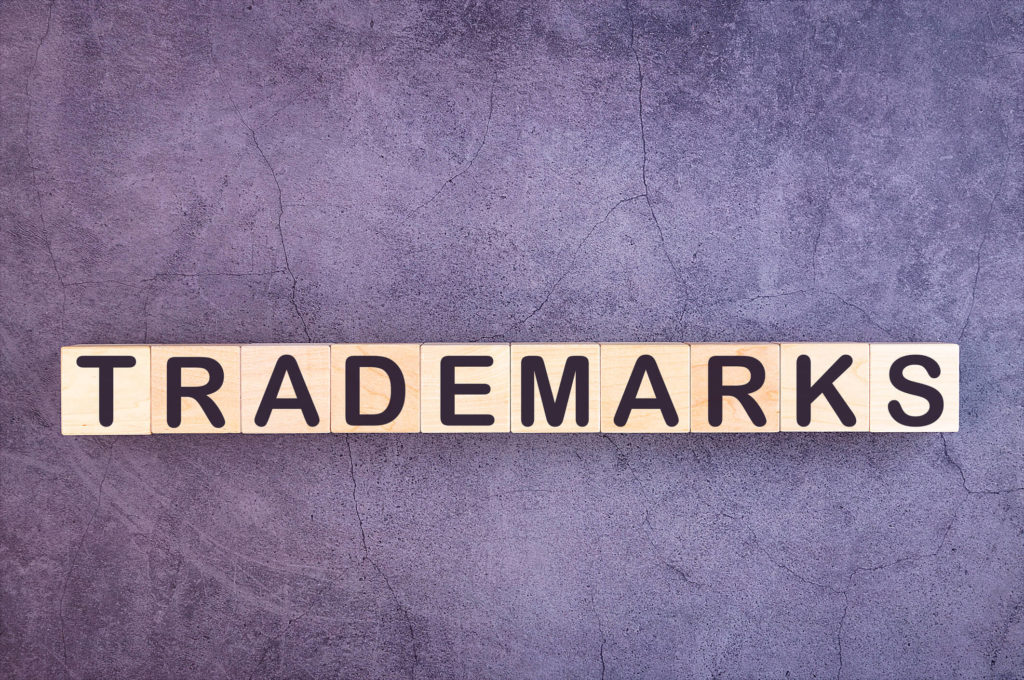Are you looking to protect your brand? The chances are, you are – but without a trademark, you are opening your business up to unnecessary risk.
Trademarks are a valuable asset and allow your business to grow. They also signify quality which encourages consumers to your goods instead of your competitors. So, let’s explore what they really are, and how they can benefit you.
James Turner, Director at company formation specialists, Turner Little, shares “Your name, brand and marks are just as important as the foundations you build them on. A trademark will distinguish you from the competition.”
What is a trademark?
By definition, a trademark is a sign that differentiates one trader’s goods and services from another. Trademarks can be words, logos, pictures or a combination of these. They are used so that a product or service that one trader provides can be recognised by customers and can’t be imitated by others.
To register a trademark, the mark must be:
- Distinctive for the goods and service that you are applying for
- Not deceptive or contrary to law or morality
- Not similar or identical to any earlier marks for the same products or services
There are 45 trademark classes which cover all goods and services. For example, class 25 covers clothing, footwear and headgear. If you were to trademark a brand name under class 25, it would prevent all other traders from producing any item of clothing, footwear or headgear that appears in that class from brandishing your name or logo.
If another trader decided to use your name in class 15, musical instruments, there would generally be nothing to stop them from doing so. However, you can trademark your goods and services in as many classes as you require, so long as you have a genuine use for claiming that class.
Why trademark?
When you trademark, you protect yourself from unauthorised use of your mark. Without a trademark, a company imitating you could cause you loss of business or damage the reputation of your trade. With a trademark, you can take legal action to stop this from happening if it arises. You may sue for infringements under trademark law. For this to succeed, you simply need to demonstrate that someone else has used a mark the same as, or similar to, your own registered mark on goods or services similar to the category yours is registered in.
In certain circumstances, the deliberate use of your mark by another without your knowledge may be classed as counterfeiting. This is a criminal offence, and criminal proceedings may be initiated under trademark law by police and Trading Standards Officers. Without a registered trademark, you can still be protected by the law of ‘passing off’, but this can prove to be a long and costly ordeal.
Turner Little have decades of expertise registering trademarks, so our experience will help you get it right first time. Talk to us about securing exclusive rights to your name today.


